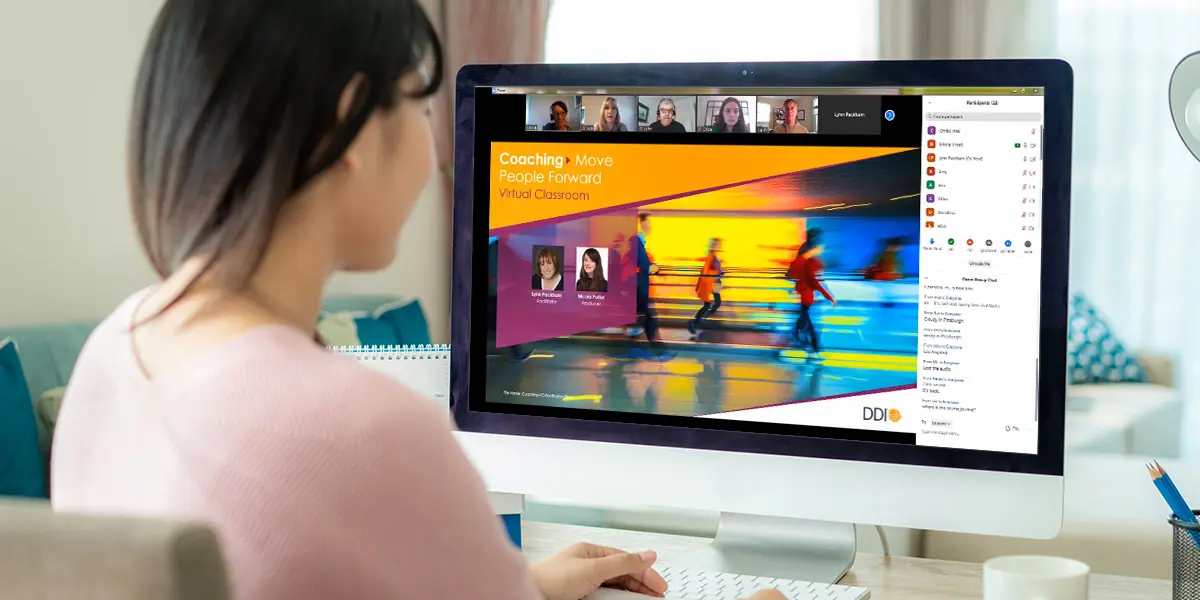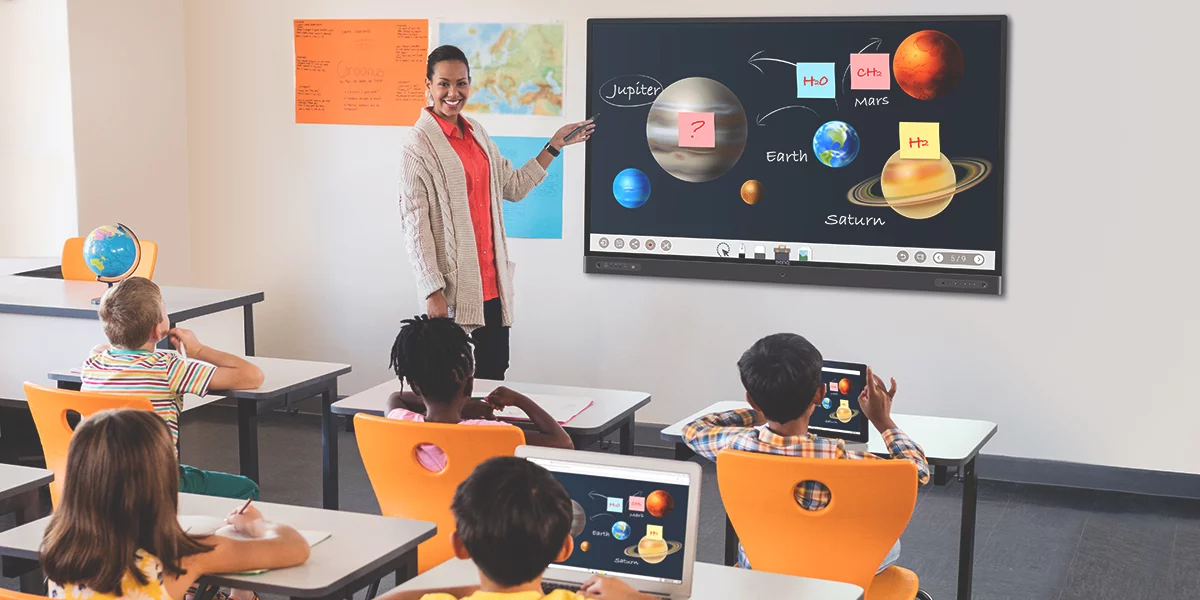In recent years, online education has emerged as a transformative force in the field of learning, revolutionizing the way people access knowledge and acquire new skills. With the proliferation of internet connectivity and advancements in technology, online education has become increasingly accessible, flexible, and effective, opening up new opportunities for learners of all ages and backgrounds. In this comprehensive exploration, we’ll delve into the evolution, benefits, challenges, and future prospects of online education, examining its impact on individuals, institutions, and society as a whole.
The Rise of Online Education
Online education, also known as e-learning or distance learning, has its roots in correspondence courses and early experiments with educational television and radio broadcasts. However, it wasn’t until the advent of the internet and digital technology that online education truly began to flourish. The development of learning management systems (LMS), video conferencing platforms, and interactive multimedia tools paved the way for the creation of immersive and engaging online learning experiences. Today, online education encompasses a wide range of formats, including massive open online courses (MOOCs), virtual classrooms, webinars, and self-paced tutorials, catering to diverse learning styles and preferences.
Accessibility and Flexibility
One of the most significant advantages of online education is its unparalleled accessibility and flexibility. With online courses, learners have the freedom to study anytime, anywhere, without the constraints of traditional classroom schedules or geographical boundaries. Whether they’re juggling work and family responsibilities, living in remote areas, or seeking to advance their careers, online education offers a convenient and cost-effective alternative to traditional brick-and-mortar institutions. Additionally, online courses often allow for self-paced learning, enabling students to progress through material at their own speed and revisit concepts as needed, enhancing retention and comprehension.
Diverse Learning Experiences
Online education offers a diverse array of learning experiences that cater to a wide range of interests, skill levels, and learning objectives. From introductory courses in basic mathematics and language arts to specialized training in advanced technical skills and professional certifications, there’s an online course for virtually every subject and level of expertise. Furthermore, online education provides opportunities for interactive and collaborative learning through discussion forums, group projects, and virtual simulations, fostering a sense of community and engagement among students from diverse backgrounds and cultures.
Personalized Learning
Advancements in educational technology have enabled the development of adaptive learning platforms that personalize the learning experience based on each student’s individual needs, preferences, and learning styles. Through the use of algorithms and analytics, these platforms can track students’ progress, identify areas of strength and weakness, and deliver targeted feedback and resources to support their learning journey. By tailoring instruction to the unique needs of each learner, online education maximizes learning outcomes and empowers students to reach their full potential.

Overcoming Challenges
Despite its many benefits, online education also faces several challenges that must be addressed to ensure its effectiveness and sustainability. One of the most significant challenges is the digital divide, which refers to disparities in access to technology and internet connectivity among different populations. To bridge this gap, efforts must be made to increase access to affordable devices and broadband internet in underserved communities and develop strategies for digital literacy and skills development. Additionally, online education must contend with concerns about quality assurance, academic integrity, and student engagement, requiring ongoing research, innovation, and collaboration among educators, policymakers, and technology providers.
The Future of Online Education
Looking ahead, the future of online education appears bright and promising, with continued advancements in technology and pedagogy poised to further enhance its reach, impact, and effectiveness. As artificial intelligence, virtual reality, and augmented reality become increasingly integrated into online learning environments, new opportunities will emerge for immersive and interactive learning experiences. Moreover, as the global demand for lifelong learning and upskilling continues to grow, online education will play a pivotal role in democratizing access to education and empowering individuals to thrive in the rapidly evolving digital economy.
Expanding Access to Higher Education
Online education has played a pivotal role in expanding access to higher education for individuals who may face barriers to attending traditional colleges and universities. Non-traditional students, such as working adults, parents, and individuals with disabilities, often find online education to be a more accessible and flexible option that allows them to pursue their academic goals while balancing other responsibilities. Additionally, online education has opened doors for learners in underserved communities, including rural areas and developing countries, where access to higher education may be limited. By providing a platform for lifelong learning and skills development, online education has become a catalyst for social mobility and economic empowerment, enabling individuals to overcome socioeconomic barriers and achieve their aspirations.
Enhancing Professional Development
In addition to formal education, online platforms offer a wealth of opportunities for professional development and skills enhancement. From specialized courses in digital marketing and project management to industry-specific certifications and vocational training programs, online education enables professionals to stay ahead of the curve and remain competitive in today’s rapidly evolving job market. Moreover, online learning allows professionals to acquire new skills and knowledge on their own terms, without the need to take time off from work or relocate for training purposes. As the demand for continuous learning and upskilling grows, online education will continue to play a vital role in supporting lifelong learning and career advancement across diverse industries and sectors.
Empowering Lifelong Learning
Online education fosters a culture of lifelong learning by providing individuals with opportunities to explore new interests, expand their horizons, and pursue personal enrichment outside of traditional academic settings. Whether it’s learning a new language, mastering a musical instrument, or delving into topics such as history, philosophy, or literature, online courses offer a convenient and accessible avenue for intellectual growth and self-discovery. Furthermore, the flexibility of online learning allows individuals to customize their learning experiences to fit their busy lifestyles and evolving interests, empowering them to pursue their passions and cultivate a love for learning that lasts a lifetime.

Addressing Global Challenges
In an increasingly interconnected world facing complex challenges such as climate change, public health crises, and social inequality, online education has a critical role to play in fostering global collaboration and addressing pressing issues. Through online courses, webinars, and virtual conferences, experts and thought leaders from around the world can come together to share knowledge, exchange ideas, and collaborate on solutions to shared challenges. Moreover, digital education provides a platform for cross-cultural dialogue and understanding, allowing individuals from diverse backgrounds to connect, learn from one another, and work together to build a more just, equitable, and sustainable future for all. As we confront the challenges of the 21st century, digital education stands as a powerful tool for building bridges, fostering empathy, and creating positive change on a global scale.
Conclusion
Online education has transformed the landscape of learning, offering unprecedented opportunities for access, flexibility, and innovation. By harnessing the power of digital technology, digital education has empowered millions of learners around the world to pursue their educational goals, advance their careers, and unlock their full potential. As we continue to navigate the ever-changing dynamics of the digital classroom, it’s essential to remain vigilant in addressing challenges and leveraging opportunities to ensure that digital education remains a catalyst for positive change and societal advancement. With dedication, collaboration, and a commitment to excellence, digital education will continue to shape the future of learning and education for generations to come.

